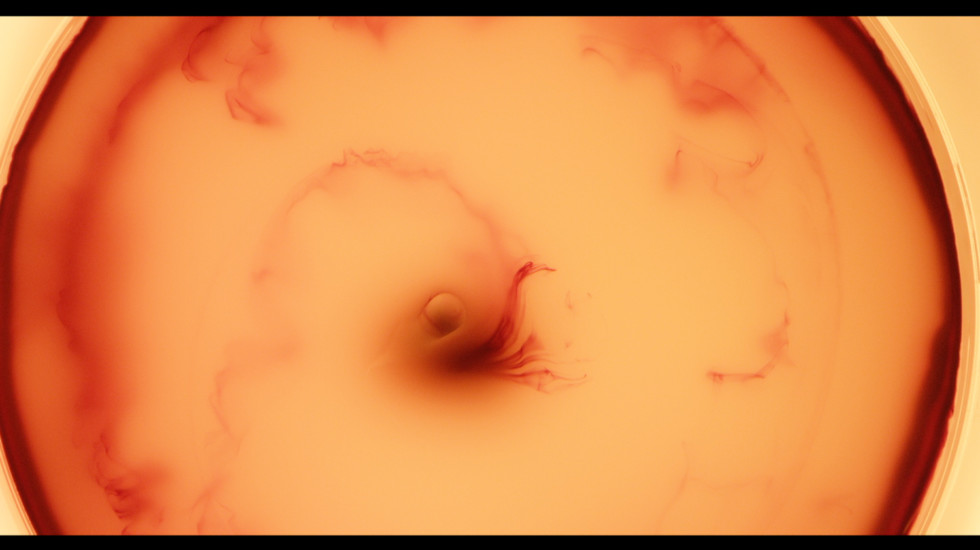
Photo: Fredrik Wenzel/Fasad Production © Fasad Production 2019
The transformative imagination
Public talk and conversation
17.9 2019
Stockholm
The transformative imagination and the designing of environments for life
Public talk and conversation on sustainability, art and climate changes
Date: Tuesday 17 September 2019
Time: at 17.00–18.30
Place: the Auditorium, floor 2
Language: in English
Price: free admission
Booking: no tickets and no pre-booking
The bar is open after the talk and conversation. Welcome!
On the public talk “Sustainability of Everything”
Sustainability is about carrying life on, not about the achievement and maintenance of a steady state. Moreover if it is to mean anything, it must be for everyone and everything, and not for some to the exclusion of others. What kind of world, then, has a place for everyone and everything, both now and into the indefinite future? What does it mean for such a world to carry on? And how can we make it happen?
To answer these questions, I shall take a closer look at what we mean by ‘everything’. I shall argue that it is not the sum total of minimally existing entities, joined together into ever larger and more complex structures, but rather a fluid and heterogeneous plenum from within which things emerge as its crumples and folds. How, then, does such an understanding of everything affect our concept of sustainability? It can no longer be understood, as in dominant political discourses, in terms of the numerical balance of recruitment and loss. It is rather about life-cycles, about things’ lasting, not staying the same.
In the sustainability of everything there is no opposition between stability and change. The more that global science has committed itself to a numerical calculus of sustainability, the more it has fallen to art to present the alternative. It is an alternative that has crucial implications for the ways we think about democratic citizenship.
Participants
Emeritus Prof. Tim Ingold is a British Anthropologist researching and teaching on the connections between anthropology, archaeology, art and architecture (the ‘4 As’), conceived as ways of exploring the relations between human beings and the environments they inhabit.
Karen O’Brien, as a Professor of Sociology and Geography at the University of Oslo, Karen O’Brien has been working on climate change impacts, vulnerability, and adaptation research for over 25 years. This includes research on the implications of climate change for food security in Mexico, on the relationship between tropical deforestation and climate change, on the use of seasonal climate forecasts in southern Africa, and on the interactions between global environmental change and globalization processes, and the implications for human security. She has brought this interest and expertise to her work on the IPCC Fourth and Fifth Assessments, as well as the Special Report on Managing the Risks of Extreme Events and Disasters to Advance Climate Change Adaptation.
Sverker Sörlin is Professor of Environmental History at KTH Royal Institute of Technology at the Environmental Humanities Lab. Prof. Sörlin has published in the fields of history of science, environmental history, the history of forestry, human ecology, environmental humanities, European history, research policy, innovations studies, and the history and politics of higher education. Prof. Sörlin current lead the ERC project is “The Rise of Global Environmental Governance: A History of the Contemporary Human-Earth Relationship”.
Hosted by Moderna Museet in collaboration with Environmental Humanities Lab (KTH) and LUCSUS (Lund University).
Facilitated by Diego Galafassi, the event is part of the on-going project Arts for transformations.
